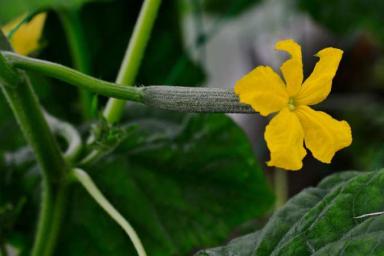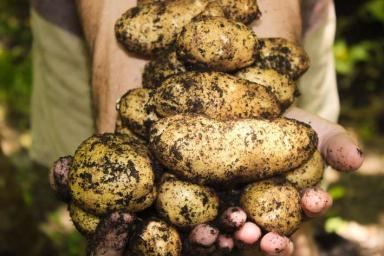Mulching can be extremely beneficial to some gardens, but this method also has its cons.
When done wrong, mulching can only harm your plants.
Let's find out what can potentially go wrong.
Excessive moisture retention
Sometimes, if too much mulch is applied or the mulch is too thick, it can create excessive moisture retention. This can lead to waterlogged soil, root rot, and other moisture-related issues, especially in poorly draining soils or areas prone to heavy rainfall.
Increased pest activity
Certain types of mulch, such as organic materials like wood chips or straw, can provide favorable conditions for pests like slugs, snails, and insects. Thick mulch layers can create hiding places and moisture that attract these pests.

Nitrogen depletion
Some types of organic mulch, such as fresh wood chips or sawdust, can initially compete with plants for nitrogen as they decompose. This can temporarily deplete the soil of nitrogen, which is an essential nutrient for plant growth.
Smothering of plants
If mulch is applied too close to plant stems or in thick layers, it can create a barrier that prevents adequate air circulation and can potentially smother the plants. This can lead to root suffocation, fungal diseases, and plant decline.
Fire hazard
In dry and fire-prone areas, certain types of mulch, particularly those made from dry organic materials like straw or pine needles, can become flammable and increase the risk of fire.









